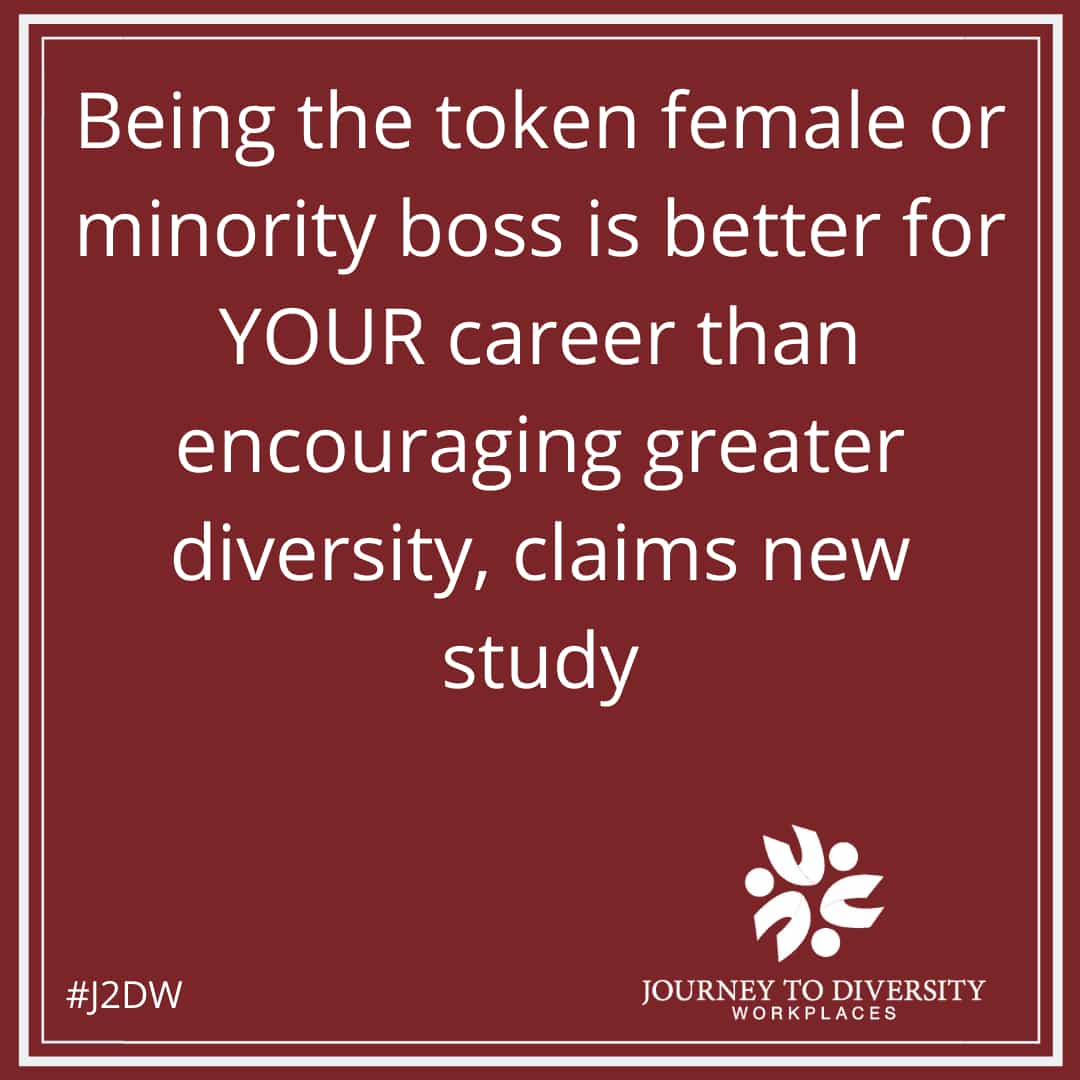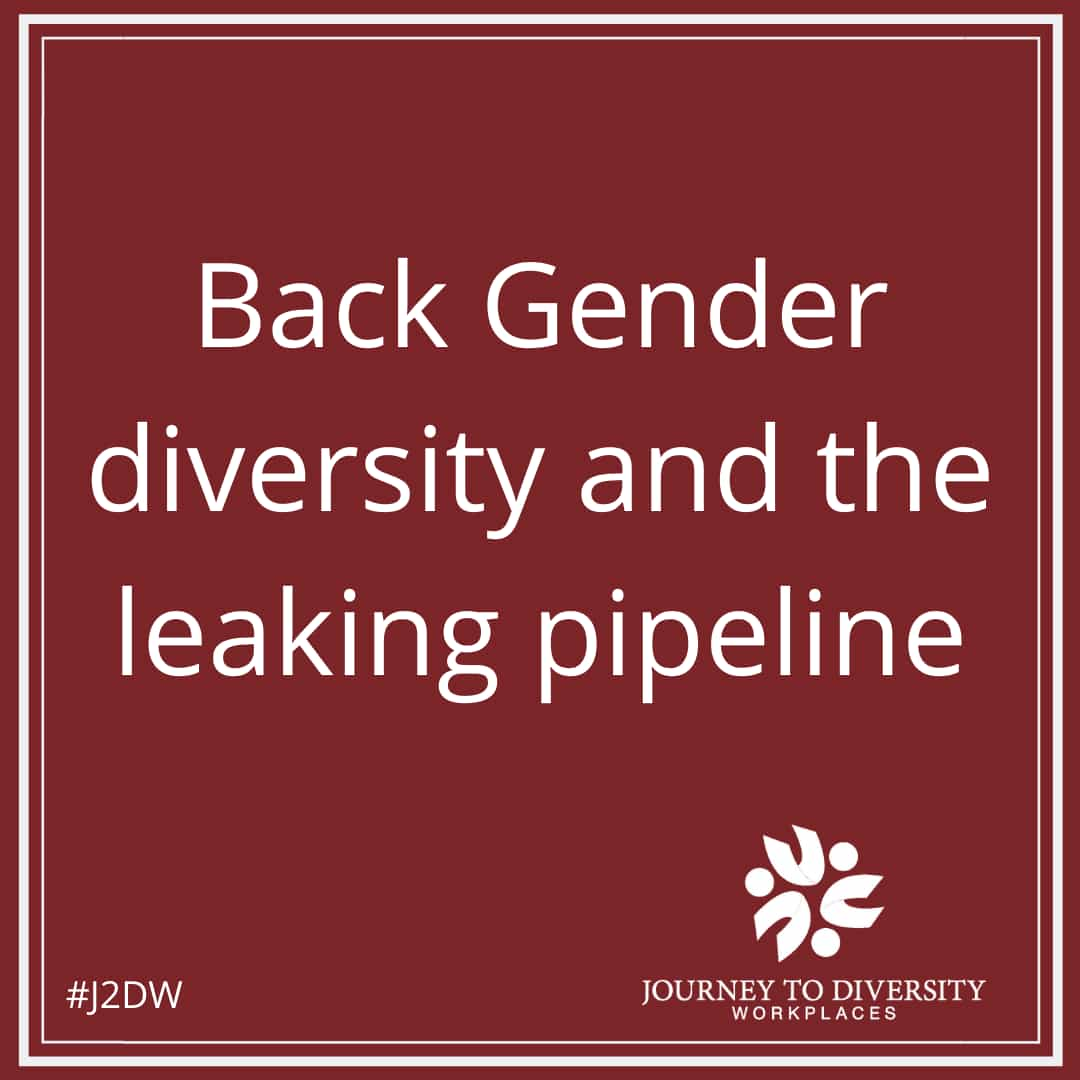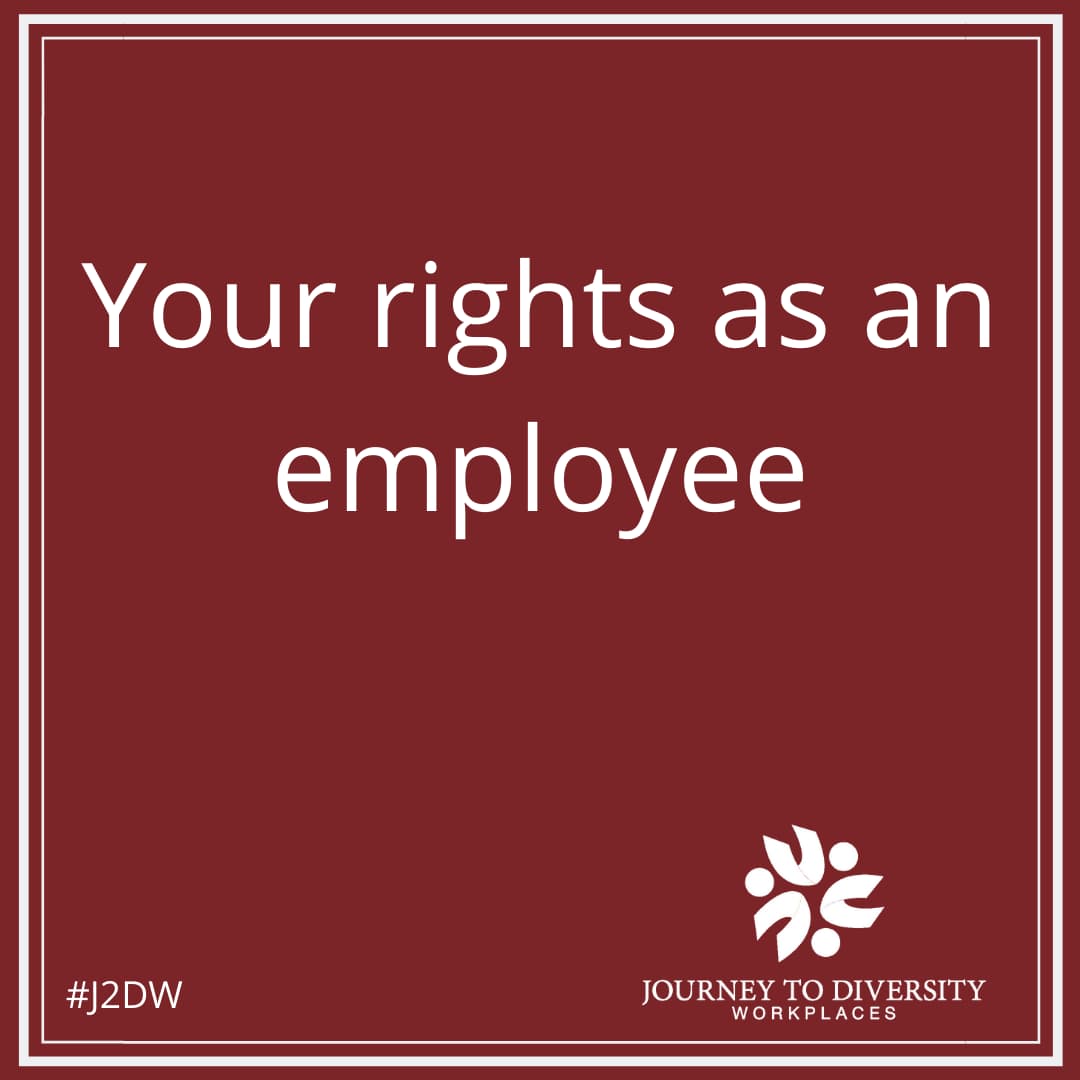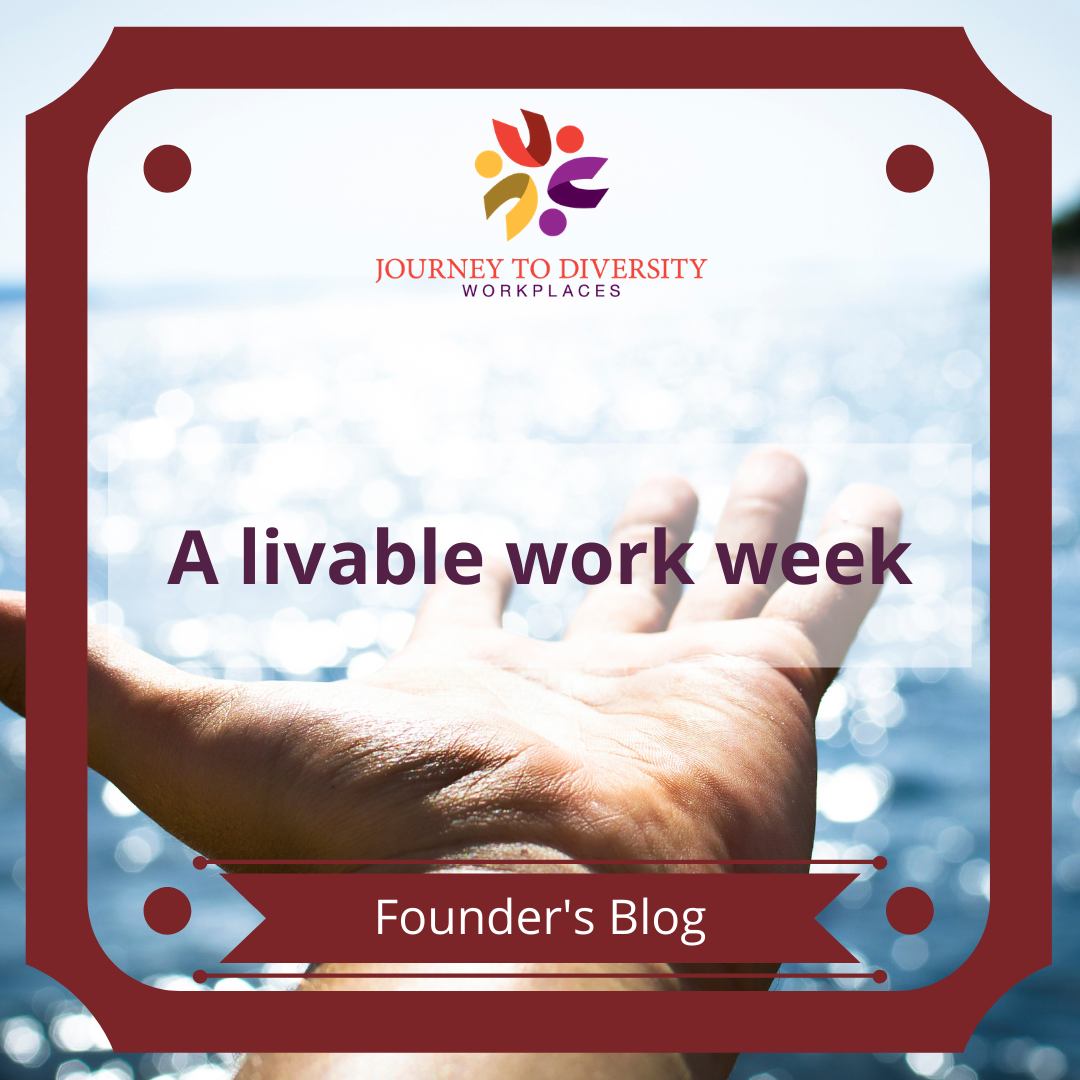I am really, really curious. When did the term for-profit, become a dirty word?
There are numerous organizations in our community that are, dare I say, for-profit. They exist to make their owners money. Lots, and lots of stinking money. Honestly, there isn’t anything that should be wrong with that. Some of these businesses are large, such as TD, Wal-Mart, and Canadian Tire. Others are small such as the Barrie-based Local Foods Mart, and Angie’s Outdoor.
No sane business owner goes into business without the intention of at least making some profit, after all it’s their hard work, sweat, tears, and capital going into the business.
So when did the term for-profit become dirty?
The circles I mix with, that certainly seems to be the case. It’s one I disagree with wholeheartedly. There’s a distinct difference between being a business with a conscience, and a non-profit. They’re not mutually exclusive.
There’s no reason a company like Canadian Tire can’t earn a profit. They have shareholders to pay. Landlords to pay rent to. However, they can do that while still being socially responsible. Donating to chosen charities, paying their employees a livable wage (if they’re not already doing so, are they?) , and generally carrying on for the greater good.
Why for the greater good? Well in theory, under market economics, if the market doesn’t like what a business is doing, then they will loose money, from a lack of sales. Does this always work? Heck no. Otherwise the CRTC wouldn’t be giving the smack down to Canada’s cell phone industry. But I am so tired of people who think being a for-profit business is some sort of evil. Like it’s the worst possible sin. Then they go buy something made in China from Wal-Mart, vs buying something locally made from a small shop that might cost more, but keeps that money in the community.
Now I should make a distinction here. When I talk about profit, I mean money left over after all expenses have been covered, and all taxes legally paid. A for-profit corporation still has an ethical duty to pay their taxes. And the government has an ethical duty to change corporate taxes more than just a paltry sum. So if a for-profit corporation is paying no taxes, then they need to be re-assessed or audited.
What we are trying to do is to teach for-profit businesses to be ethical on how they treat their workforce. Their personnel. We all face barriers in life. We want to destroy barriers to employment, and even advancement from within. Companies can save money by instead of laying off employees, to moving them elsewhere within their organizations.
Be sure to check our our statement of values.
At the end of the day, we need to remember that the word for-profit is our friend in today’s world. But let’s have it be our friend in a way that doesn’t alienate the 99%.










